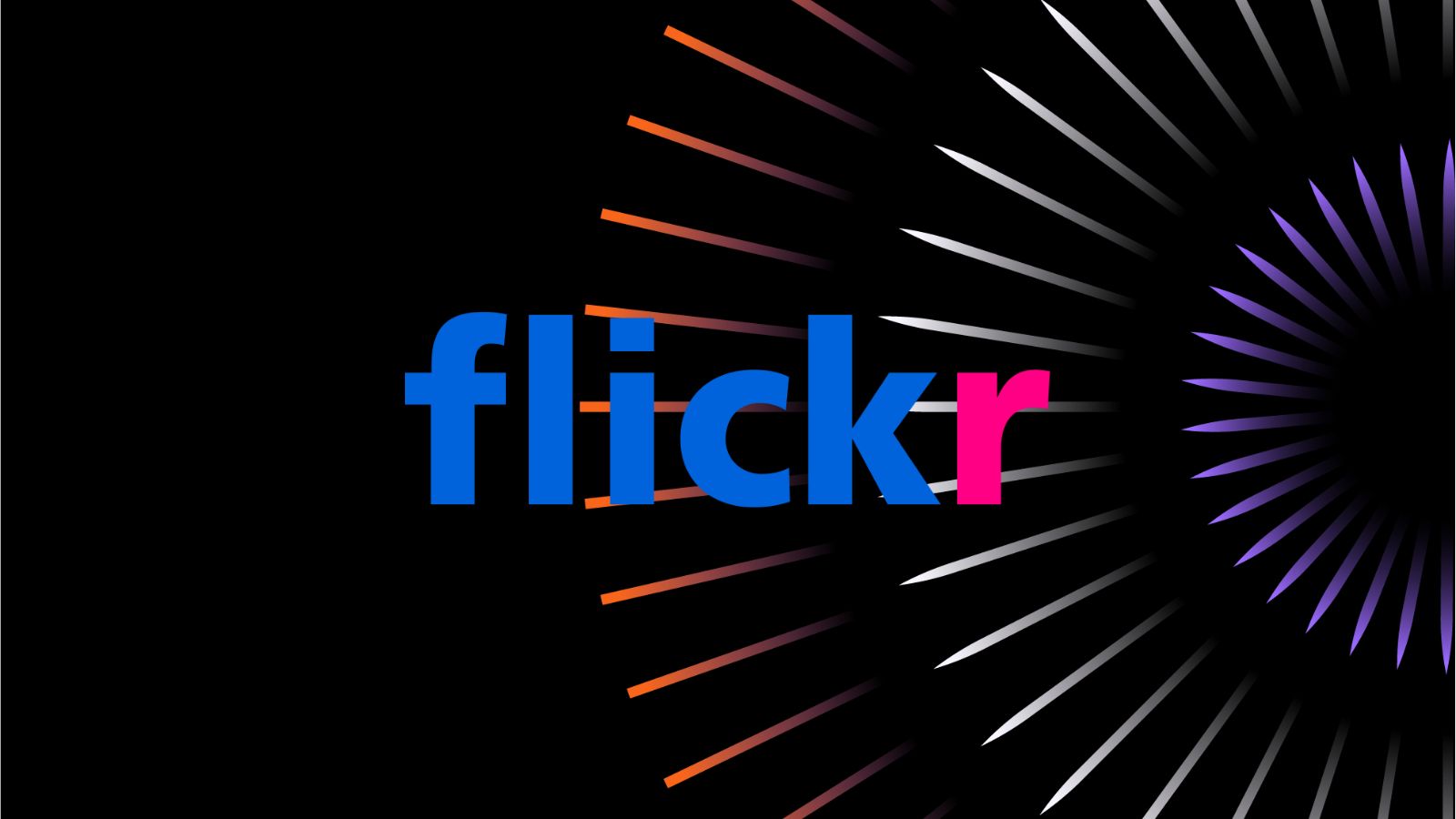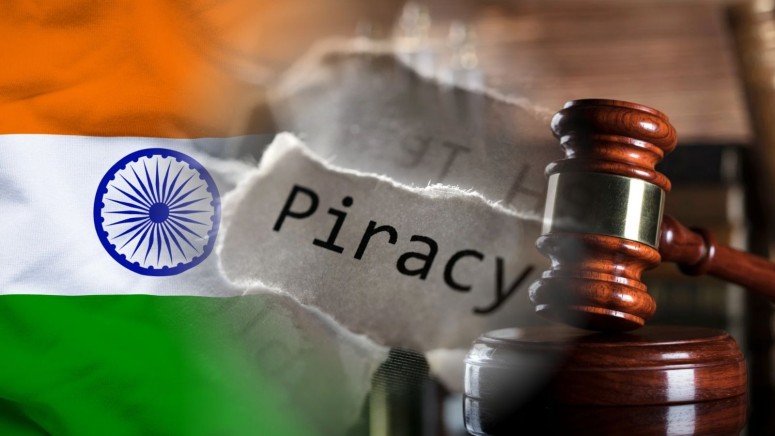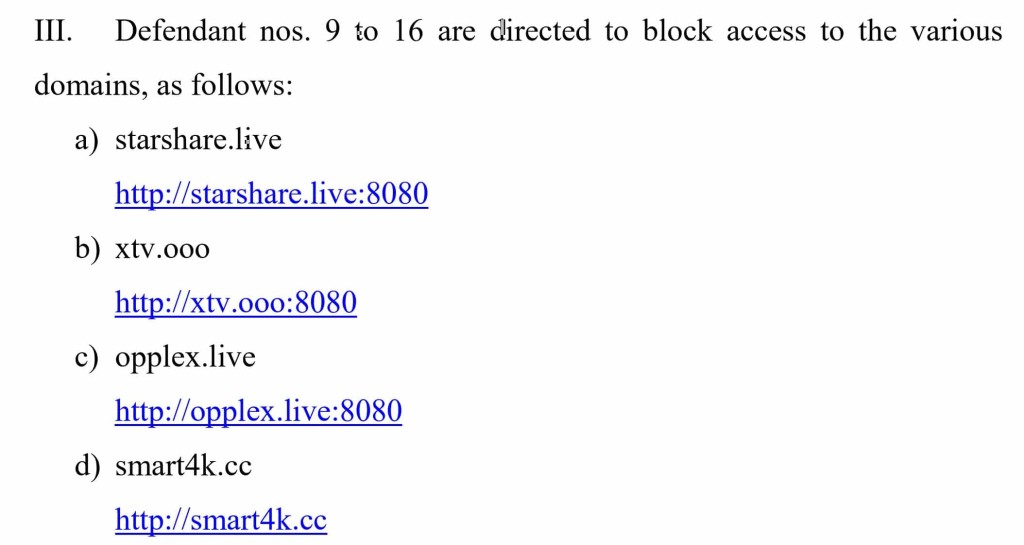
India Introduces ‘Superlative Injunction’ to Combat Online Piracy on Mobile Apps and Websites
- A new injunction allows real-time blocking of mobile apps and websites deemed to infringe on copyright.
- The New Delhi High Court extended the scope of existing anti-piracy measures with the new “Superlative Injunction.”
- The latest injunction issued to media giant Star India is notable for expanded targets and limited oversight.
India has taken a bold step in its fight against online piracy with the introduction of the "Superlative Injunction." This newly issued legal tool by the New Delhi High Court extends the scope of existing anti-piracy measures.
It not only targets websites but also rogue mobile applications that facilitate copyright violations, marking a significant evolution in intellectual property protection mechanisms.
Over the past decade, India's rightsholders have actively sought ways to combat piracy, beginning with basic domain-blocking injunctions and advancing to “dynamic+ orders.” These evolved measures allowed enforcement against current domains, cloned sites, and even future content.
However, the "Superlative Injunction" further escalates enforcement capabilities by permitting real-time blocking of mobile apps and websites deemed to infringe on copyright.
The latest injunction issued to media giant Star India encompasses both conventional websites and rogue mobile applications, reflecting the growing concern about apps being used as piracy hubs.
During the High Court’s summer recess, Star India has been temporarily authorized to add new piracy targets independently, bypassing judicial oversight.
This unprecedented authority underscores the urgency of protecting intellectual property during widely pirated events like cricket matches. Yet, critics warn of potential misuse. Errors such as overbroad blocking of legitimate sites and applications have occurred in earlier cases.
Advocacy groups have cautioned that this level of authority, without immediate court reviews, could lead to unjust restrictions.
To balance efficiency with accountability, experts recommend maintaining detailed records of blocked entities and introducing safeguards to prevent overreach. These guidelines will be critical as India navigates this expanded framework to combat piracy while minimizing collateral damage.









